Search
Did you mean: Eris?
Search Results

3D Image
Priest Ahmose
The Priest Ahmose and his Mother Baket-re, findspot unknown, diorite, 18th Dynasty, 1490-1400 BCE, Nye Carlsberg Glyptotek (Copenhagen, Denmark). Memento Beta (now Remake) from Autodesk.

Definition
Moses
Moses (c. 1400 BCE) is considered one of the most important religious leaders in world history. He is claimed by the religions of Judaism, Christianity, Islam and Bahai as an important prophet of God and the founder of monotheistic belief...
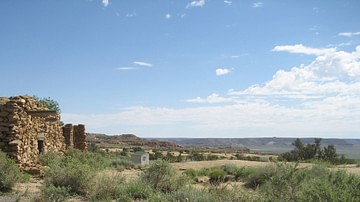
Article
How the Hopi Indians Reached Their World
How the Hopi Indians Reached Their World is the creation story of the Native American Hopi nation (the Hopi tribe of Arizona) located today within the Navajo Nation reservation. The legend details the ascent of the Hopi from below the earth...

Article
Conflict Between the Temple and the Crown in Ancient Egypt
The gods of ancient Egypt were worshipped as the creators and sustainers of all life. People acknowledged their supremacy and intimacy daily through rituals, amulets, and their labor for the king. Everyone, from farmers to craftsmen to merchants...

3D Image
Portrait of a Priest of Isis
Portrait of a priest of Isis, first quarter of the 1st century BCE, Rome, Marble. Museum of the Cinquantenaire (Brussels, Belgium). Made with ReMake and ReCap from AutoDesk. Often identified as a portrait of Scipio Africanus, this work...

Definition
The Medieval Church
Religious practice in medieval Europe (c. 476-1500) was dominated and informed by the Catholic Church. The majority of the population was Christian, and "Christian" at this time meant "Catholic" as there was initially no other form of that...
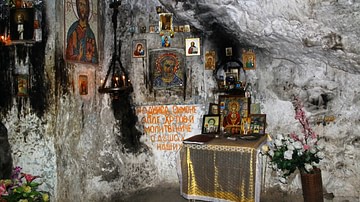
Definition
Zealots
The Zealots were a group of Jews who began to emerge as a religious/political movement around the beginning of the 1st century CE. They strongly opposed Roman rule and turned on everyone, including other Jews, who cooperated with Rome. A...
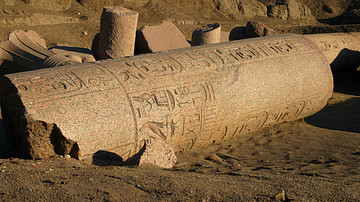
Definition
Third Intermediate Period of Egypt
The Third Intermediate Period (c. 1069-525 BCE) is the era following the New Kingdom of Egypt (c. 1570-c.1069 BCE) and preceding the Late Period (c.525-332 BCE). Egyptian history was divided into eras of 'kingdoms' and 'intermediate periods'...
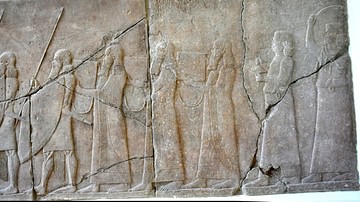
Article
Festivals in Ancient Mesopotamia
Festivals in ancient Mesopotamia honored the patron deity of a city-state or the primary god of the city that controlled a region or empire. The earliest, the Akitu festival, was first observed in Sumer in the Early Dynastic Period (2900-2334...
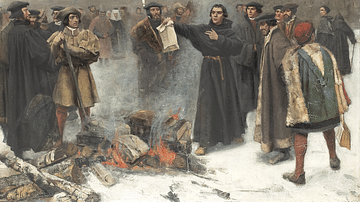
Article
Exsurge Domine
Exsurge Domine (“Arise, O Lord” in Latin) is a papal bull issued 15 June 1520 by Pope Leo X (served 1513-1521) condemning Martin Luther’s 95 Theses as heresy along with any other works by Luther or those who supported him. Luther burned the...